Different diets are involved in the fight for a good figure and a healthy weight, but one differs significantly from them. It is without a doubt the most famous and sought-after diet known as the Mediterranean Diet.
In fact, it is not just about diet, but about lifestyle, a philosophy of life followed by people in the Mediterranean. There are no strict rules for food and its main ideology is to enjoy food and life in general.
Delivering pleasure through food, observing the principles of moderation, physical activity and sharing the pleasant moments around the table with family and friends - this is the essence of the Mediterranean diet.
The results of practicing this way of life have amazing results - people in the regions where they eat according to the principles of the Mediterranean diet, rarely suffer from chronic diseases and their life expectancy is much longer than in the traditional European way of eating.
What is needed to achieve the good health and shape, that people in the Mediterranean enjoy? The secrets of the local way of choosing food?
Main characteristics of the Mediterranean diet

This is a way of eating and living practiced by the people of Crete, which is why it is often called the Cretan diet, as well as in Greece, Italy and all areas near the Mediterranean in the 60s of last century.
The focus of this diet is on which products to include in the daily menu, not what not to eat. It is mostly about plant foods and healthy fats. They are found in vegetables, fruit, legumes, whole grains, olive oil, nuts and seeds. Fresh herbs and spices, which are added to many recipes, give the dishes unusual taste and aroma, as well as enhance their beneficial and even healing effects.
Moderate amounts of seafood are consumed. since people who follow the diet live close to the sea and use its gifts and choose from a variety of local fish.
Poultry is included, because it meets the requirement for lean meat, eggs and dairy products are also present and red meat is minimal or completely absent.
Extreme deprivation is not recommended. The diet is not really about losing weight, but about healthy eating to keep the body healthy and the spirit refreshed. Losing weight comes as a natural result of this fulfilling lifestyle.
The ultimate goal is the complete exclusion of all processed products and trans fats. The food is natural and cooked with joy and love.
Advantages and disadvantages of the Mediterranean diet

The benefits are numerous and it is no coincidence that the diet is so popular.
- The diet is easy to follow, because the choice of foods is very large;
- There are no strict rules according to which whole food groups should be excluded;
- Gives the body all the necessary nutrients - vitamins, minerals, antioxidants, fiber, essential fatty acids and all other useful nutrients contained in the recommended foods;
- Whole grains take more time to digest and this has a beneficial effect on the body, because it prevents drops and peaks in blood sugar;
- Lack of refined and unhealthy processed foods;
- The food is delicious and healthy.
Disadvantages of the Mediterranean diet
The disadvantages are very few and they can be easily avoided.
- As the diet does not provide a good intake of protein (they are only 15%), this diet is not suitable for strength training;
- Low consumption or avoidance of red meat can lead to iron and choline deficiency, which must be obtained in other ways;
- Nuts, olive oil and fresh fruit and vegetables are more expensive than canned food and following this diet can be more expensive.
Main products in the Mediterranean diet
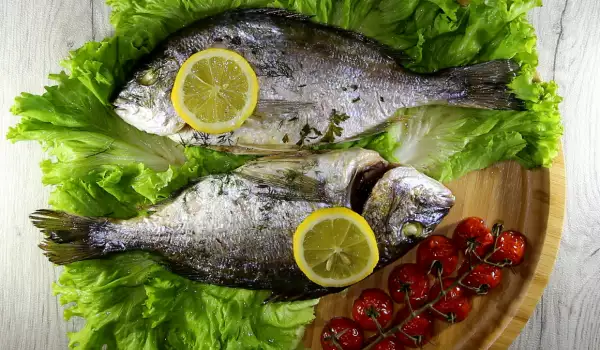
For anyone interested in the Mediterranean diet, it is very important what the main products are, which are recommended for daily use. Here they are:
Tomato
Tomatoes contain a lot of lycopene, which is a carotenoid. Regular consumption of tomatoes lowers bad cholesterol levels and eliminates the risk of cardiovascular disease.
Arugula
This green leafy vegetable, along with others in this group such as spinach, dock, nettle, are rich in vitamins C, E and beta carotene. Vitamin C is stored perfectly in fresh vegetables, so fresh ones are preferable.
Olive oil
This is the healthiest fat, the lowest in calories. Contains linoleic and oleic acid, vitamin E, phosphorus, iron, protein, minerals. It regulates blood cholesterol levels very well.
Fish and seafood
Fish is proven to lower blood pressure, cholesterol and triglycerides. Oily fish - mackerel, trout, herring, sardines, tuna and salmon are excellent sources of omega-3 local acids. Fish is good for the brain and nervous system during pregnancy and lactation.
Pasta
Freshly prepared durum wheat pasta contains complex carbohydrates, cellulose, B vitamins and magnesium.
Lemon
Lemons, limes and all citrus fruit are a source of vitamin C and phytonutrients that lower blood cholesterol.
Garlic
Garlic is a source of substances with antibacterial and antiviral action. It protects against heart disease and some cancers.
Thyme
Thyme stands out among all other known Mediterranean herbs that contain antioxidants, due to its pronounced antibacterial and antiseptic properties that help the body fight infections.
How does the Mediterranean diet work?

This diet focuses on foods low in fat, cholesterol, but high in fiber. By reducing fat in the diet, the body consumes fewer calories. In addition, foods high in protein, such as legumes and cereals, quickly satiate hunger and maintain a feeling of satiety without the need for extra calories.
Nuts, fish and olive oil also satiate well without raising cholesterol levels. Most foods are fresh and are not processed by frying, which protects the stomach.
With this diet you do not lose weight quickly and therefore the name diet is a bit inaccurate at first. This is a way of life in which food is one of the pleasures shared. It keeps the body young and energetic throughout life and this prevents obesity and the problems that arise from it.
Sample menu for the Mediterranean diet
Breakfast
Fresh fruit
Homemade wholemeal bread
Fresh fruit juice or mineral water
Lunch
Salad with fish and olives, drizzled with olive oil
Baked chicken with vegetables
Mineral water
Dinner
Stuffed peppers with rice
Salad with vegetables, spices
A glass of red wine
What are the most delicious dishes in the Mediterranean cuisine?
This is a hard question, as tastes vary, but the most commonly ordered Mediterranean foods are based on mass preferences. They include:
Appetizers - vegetable spread, Carpaccio, oven-baked parmesan
Salads - Caesar, Gorgonzola, Verde, salad with goat cheese;
Pasta - spaghetti bolognese, tagliatelle with mushrooms;
Meat dishes - pork roll with goose liver, grilled lamb chops, Tuscan chicken roulades, beef steak with tarragon sauce;
Fish - turbot, bream, trout, which are prepared grilled, baked or with vegetables;
Desserts - Chocolate terrine, Tiramisu, Creme Brulee



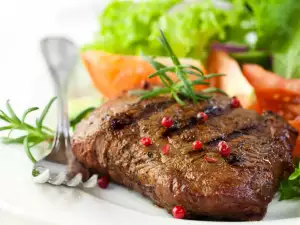



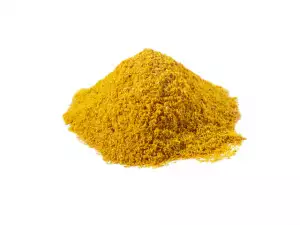



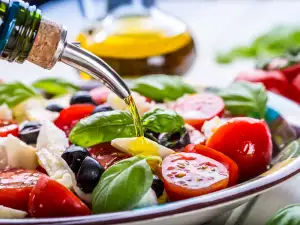


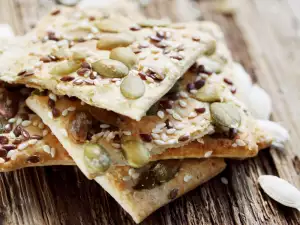





Comments